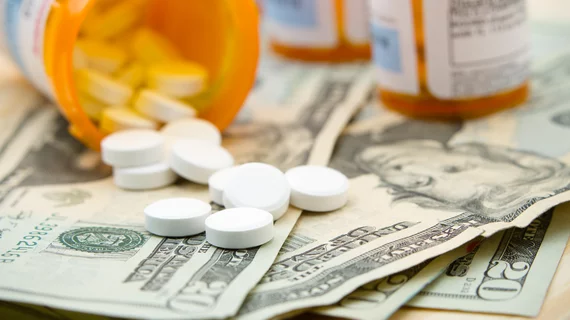Consumers want a better way to pay for healthcare
Healthcare providers are quickly shifting to meet the needs of consumers, rolling out new technology to add virtual care and better payment processes.
These changes come as healthcare systems are constrained by revenue losses from the COVID-19 pandemic and as patients continue to put off routine care. For consumers who are engaged with their healthcare providers, streamlined payment processes are the new demand, according to a report from PYMNTS on healthcare payment experience. To boost the patient experience at such a critical time, healthcare systems should take notice of patient preferences around paying for healthcare.
“The stakes are extraordinarily high,” reads the report, the authors of which surveyed more than 2,000 consumers about their 2020 healthcare experiences. “Physicians and health systems lost billions in revenue during the first few months of 2020, and barriers to positive consumer experiences, like unwieldy payment processes or handwritten registration procedures, can diminish patients’ loyalties to their healthcare providers.”
Nearly two-thirds––63%––of all consumers express “extraordinary interest” in being offered a payment plan from their healthcare provider to avoid bad debt, the report shows. This may come from bad experiences, since 18% of those surveyed said they experienced financial hardships because of their most recent medical bills. However, only 44% of patients were offered payment plans in 2020.
Health systems should make it easier for patients to pay for care, since “a significant portion of provider revenue,” covering 9% of patients, was vulnerable in 2020 thanks to poor customer experiences. Surprisingly, patients weren’t finding it financially challenging to pay, but getting the right information to make a payment was the challenge. Further, more than half (54%) of consumers said they want to manage their upcoming provider payments digitally.
Payment plans are just one pain point for patients, who also heavily consider their experiences when choosing healthcare providers. According to the survey, “patient loyalty is highly dependent on how consumers perceive their customer experiences: When offered a choice between a familiar healthcare provider and a competitor with services that improved their overall consumer experiences, many patients would choose the latter.”
Digital communications are highly preferred among consumers. Among “very” or “extremely” loyal patients, 22% said they would leave their preferred provider if they were not offered digital communication tools, like payment and appointment reminders and digital form completion. These tools are great not only for reducing friction from the customer experience but also for saving administrative time for health systems.

